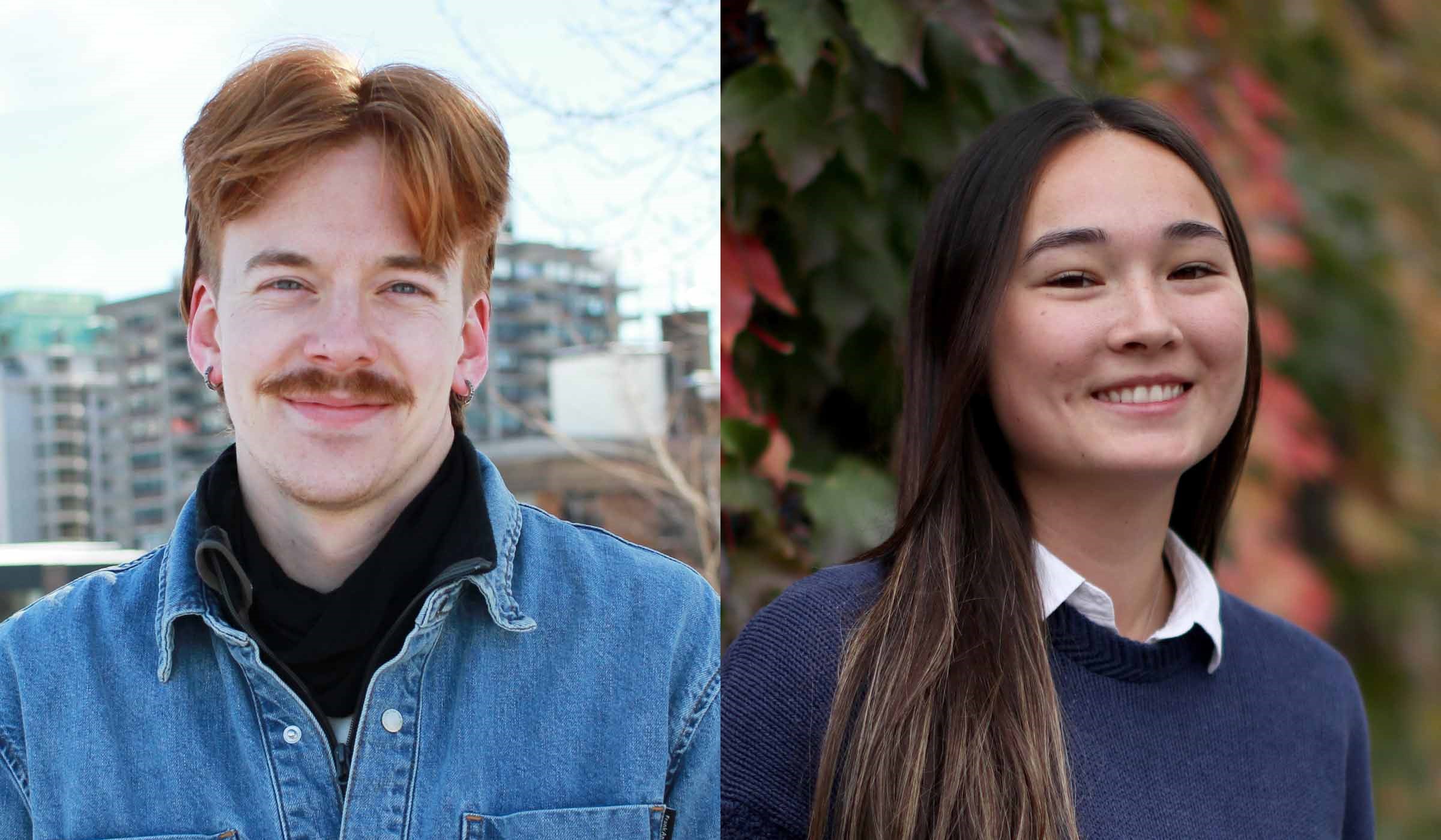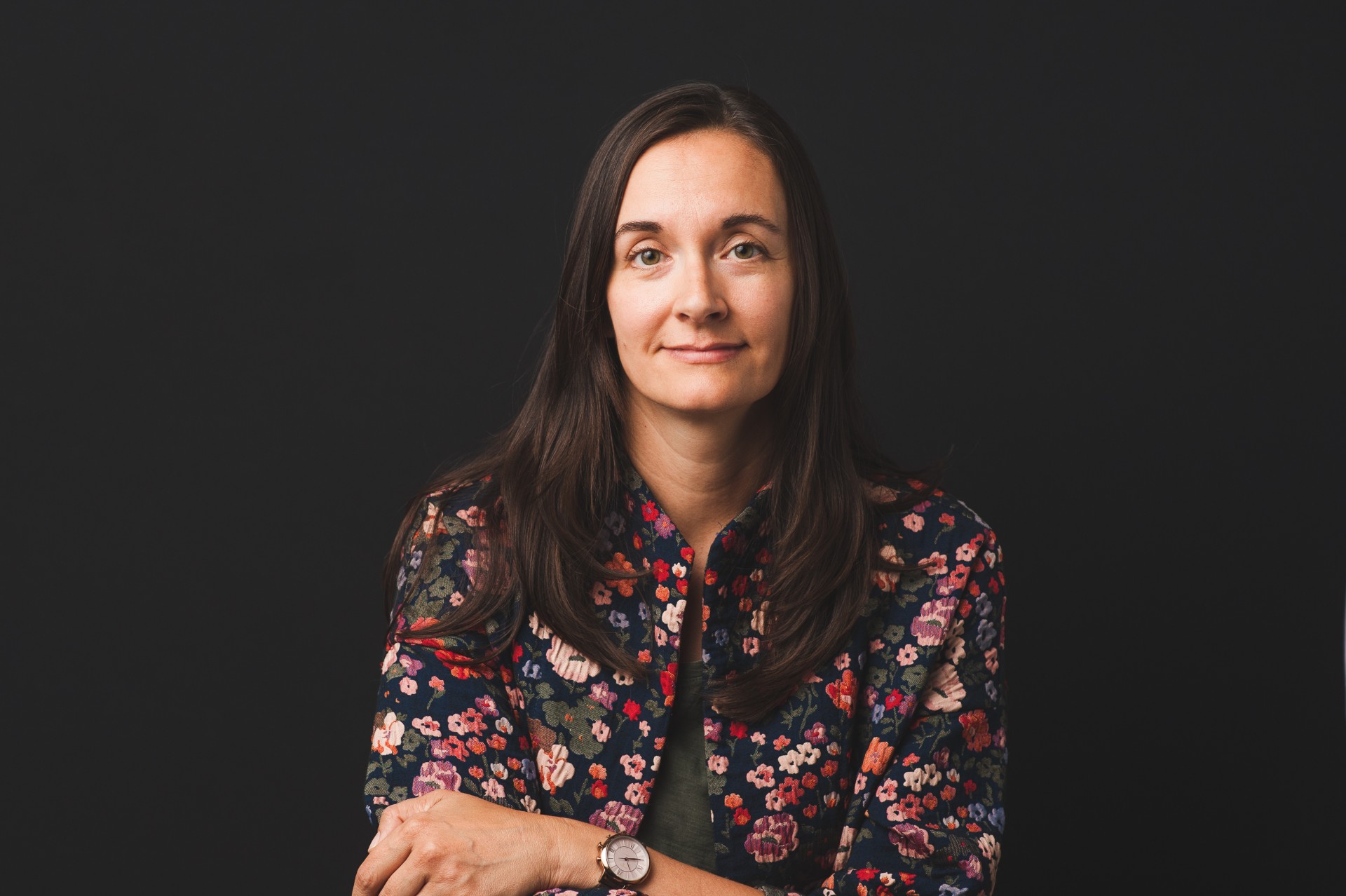
For Patrick Duquette (B.Ed.’23), taking FSCI 198: Climate Crisis and Climate Actions was a no-brainer. Having already had some involvement with climate action at CEGEP, he jumped at his chance to explore a topic of interest not covered in his major.
“In Education, you don’t have many classes that examine the theory or socio-political issues around climate change, so to have the opportunity to learn more about that was really cool,” he explained.
Fourth-year Environment student Kamryn McCallum was also interested in the course because it offered a perspective different from that taken in her other classes.
“Classes I’ve taken talk about the environment on a systemic level; looking at microsystems within the larger system, things like that,” she said. “There aren’t many courses that have this much focus on the climate crisis itself, so to see one that’s solely about this topic was really exciting.”
The elective’s emphasis on taking a proactive approach was a big draw for both Duquette and McCallum. The two, along with a third team member, Lucinda Silverman, would collaborate on a class project that evolved into the recently funded New2Wheels initiative just one year after they completed the course. The initiative is receiving financial support from McGill’s Sustainability Projects Fund.
Taking inspiration from a shared interest in cycling, the trio imagined an activity that is part city tour, part social outing. The goal was to help people get comfortable biking around Montreal while meeting others who are like-minded. The initiative reflects FSCI 198’s emphasis on community-building and taking positive steps to fight climate change.
Sharing knowledge, understanding perspectives

Fruit of a collaborative effort by McGill lecturers from different faculties, with support from the Office of Science Education, FSCI 198 is in part designed to help students become more literate when it comes to research on the climate crisis, and to give them a more holistic understanding of the issues at play.
Throughout the semester, various content specialists and expert guest speakers from different fields present topics, from Indigenous knowledge and worldviews to economics and the effects of the carbon tax. Equally important is helping students develop their own critical thinking skills.
“Getting to hear diverse perspectives was incredibly valuable because it also makes us question how our society is structured, and why some things are as deeply rooted as they are,” said McCallum. “Because the course is so discussion-based, it gave the sense that everyone is a learner and everyone is a teacher; all our perspectives and experiences are valid.”
“We want to have some reflection on the part of the students, we’re asking them to be more critical of what they hear,” explained Diane Dechief, Senior Faculty Lecturer at the Office of Science Education and FSCI 198 course director. “How are they feeling in the class as they’re learning? What’s still fuzzy when it comes to this topic? How can different points of view be true at the same time?”
Agreed Duquette: “I always felt like student input had a big part to play. This is a 100-level course, but we had conferences and workshops with TAs every week and we were given a lot of time to discuss the topics in teams. We were encouraged to exchange ideas, not told what to think.”
Creating change through community
The elective has an experiential learning component that helps students gain a sense of empowerment in the face of a seemingly unsolvable issue.
“I was really interested in how this course was able to give us useful tools and highlight opportunities for us to get involved in fighting the climate crisis,” McCallum said. “You reflect on your personal history, your position of privilege, and how you can use that to further help this cause. There are different ways to make an impact, and the solution comes from a mosaic of actions taken by the collective.”
Students also explore the importance of community when tackling feelings of climate grief.
“Growing up, you hear about climate change and all these actions you have to take as an individual, but then you realize that there are a lot of systemic issues that need to be resolved,” said Duquette. “The course really dives into why collective actions can make an impact, rather than looking at individuals taking on lofty goals. Working on New2Wheels with Kamryn and Lucy and seeing so many people have really great ideas for their class projects left me with the impression that if you give people the tools and resources to take on this issue, we can come up with some really creative and great solutions.”
For Dechief, seeing students interact and collaborate is the ultimate measure of the class’s success.
“If students see that there is action they can take, then with that action comes hope,” she said.
